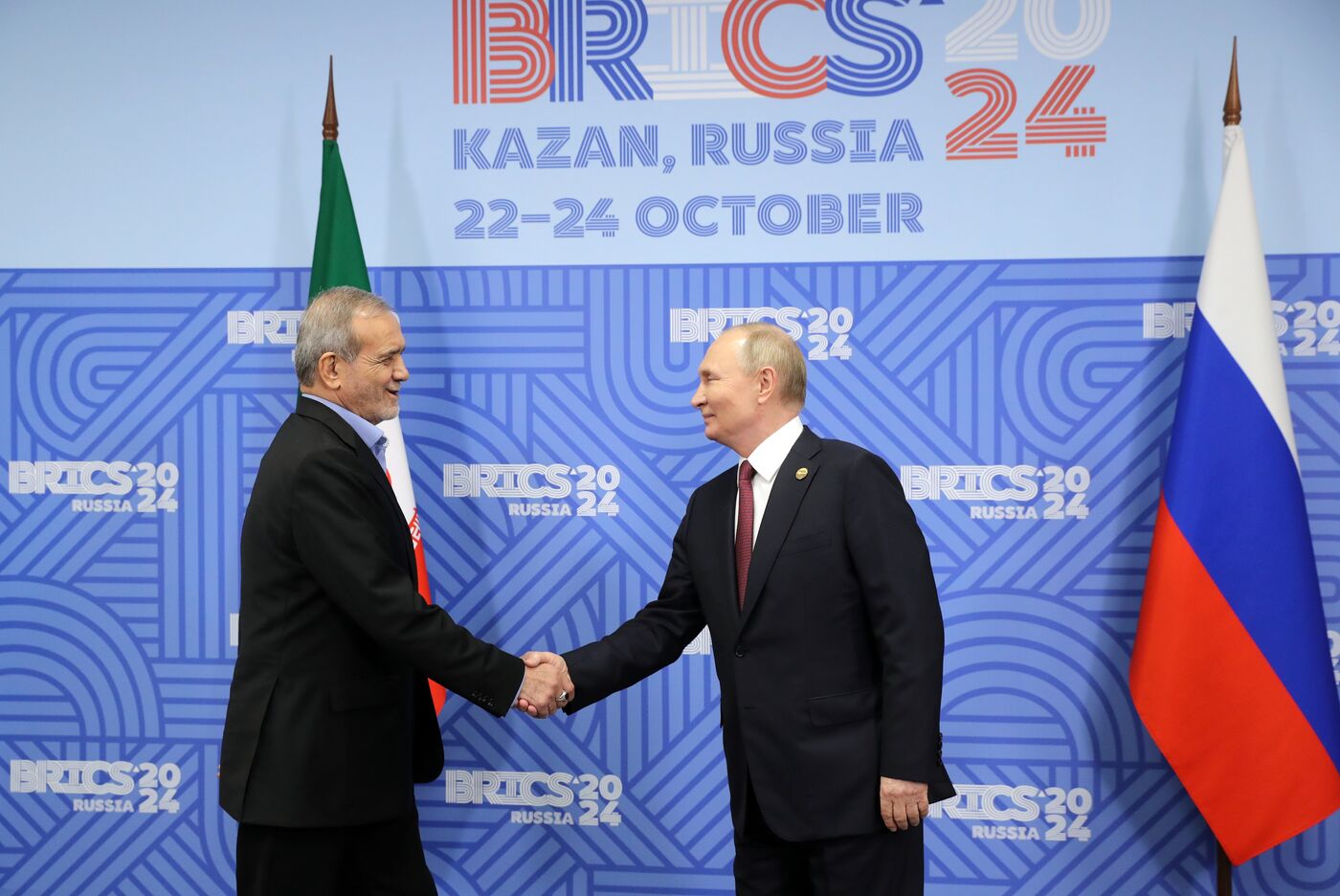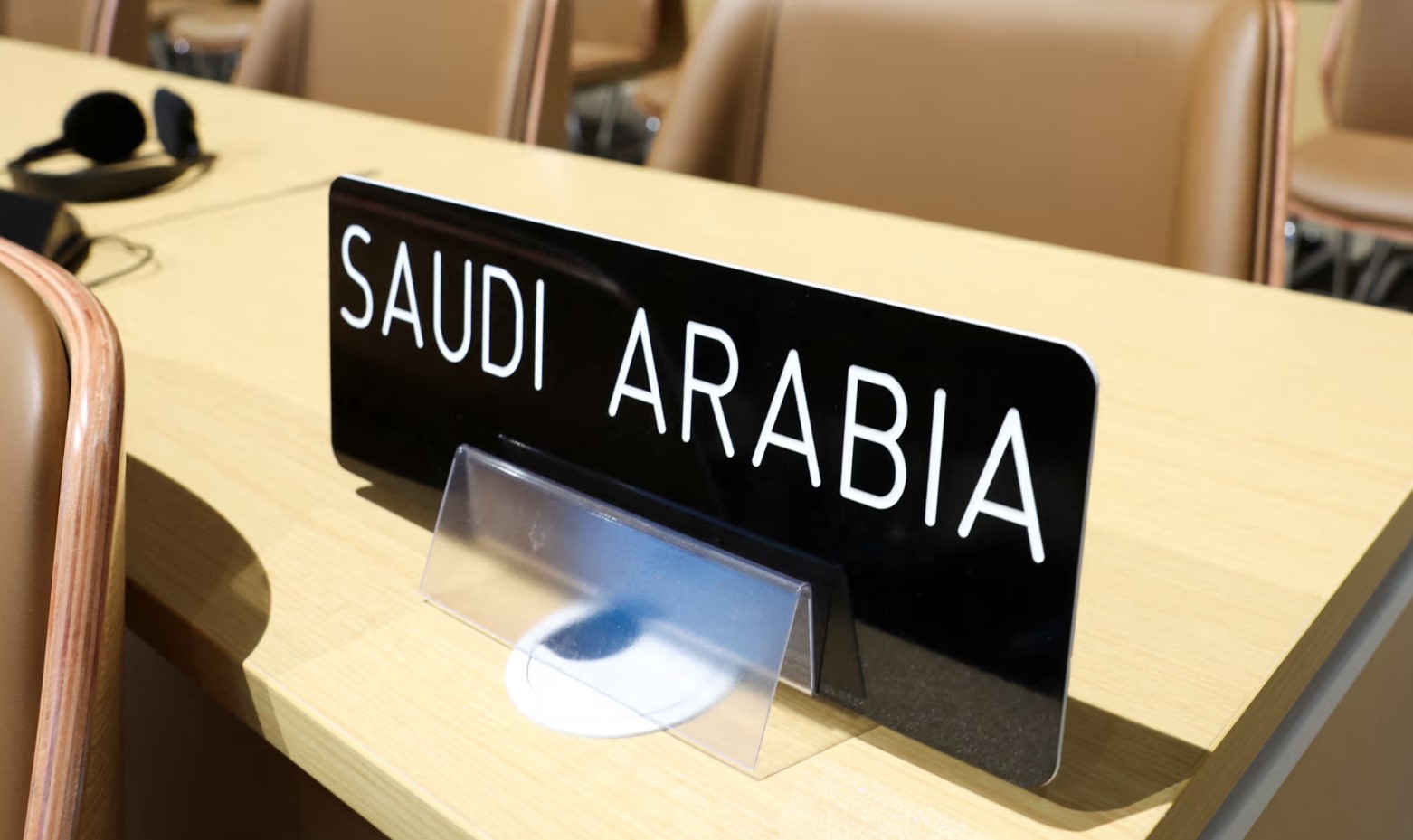ARTICLE AD BOX
High-level representatives from 14 Palestinian factions held a "reconciliation dialogue" in Beijing from July 21 to 23 and signed the "Beijing Declaration on Ending Division and Strengthening Palestinian National Unity."
According to a report by China's official Xinhua News Agency on July 23, at the invitation of the Chinese side, high-level representatives of 14 Palestinian factions held a "reconciliation dialogue" in Beijing from July 21 to 23 and signed the "Beijing Declaration on Ending Division and Strengthening Palestinian National Unity". The report said that this was the first time that 14 Palestinian factions gathered in Beijing for a reconciliation dialogue, which brought "precious hope" to the "suffering" Palestinian people.
However, Israel quickly condemned the agreement brokered by Beijing to include Hamas in the post-war Gaza "national reconciliation government". According to AFP, Israeli Foreign Minister Israel Katz reiterated that "Hamas' rule will be destroyed" and accused Palestinian President Abbas of embracing Hamas, which led to the "Israel-Hazakhstan conflict". The Fatah faction represented by Abbas also signed the Beijing Declaration.
Beijing mediates Palestinian factions to " unite " as Israel condemns
Chinese Foreign Ministry spokesperson Mao Ning quoted Foreign Minister Wang Yi's speech at the dialogue at a regular press conference on Tuesday, saying that the most important consensus of this dialogue was "to achieve great reconciliation and unity among all 14 factions", the most core achievement was "to make it clear that the PLO is the sole legitimate representative of the Palestinian people", the most prominent highlight was "reaching consensus on post-war governance of Gaza and the establishment of a provisional national reconciliation government", and the strongest call was "to achieve true independence and statehood for Palestine in accordance with relevant UN resolutions".
Mao Ning also said that in his speech, Wang Yi proposed the "three-step" Chinese initiative in response to the current predicament of the Gaza conflict: the first step is to promote a comprehensive, lasting and sustainable ceasefire in the Gaza Strip as soon as possible to ensure smooth access for humanitarian aid and rescue; the second step is to uphold the principle of "Palestinians governing Palestine" and work together to promote post-war governance in Gaza; the third step is to promote Palestine to become a formal member of the United Nations and start to implement the "two-state solution". Mao Ning emphasized that the "three steps" proposed by China are closely linked and indispensable.
Agence France-Presse pointed out that neither the United States nor Israel can accept the participation of Islamic militant organizations in any post-war governance of Gaza. Israeli Prime Minister Netanyahu is about to deliver an important speech at a joint meeting of the US Congress on Wednesday (July 24). He has vowed to continue the Gaza war until Hamas is destroyed. Currently, Israel is fiercely bombing the Gaza Strip, including the southern city of Khan Yunis.
The report said that the agreement text of the Beijing Declaration outlined a plan to "form a temporary national reconciliation government based on the consensus of all Palestinian factions and in accordance with the current Palestinian Basic Law". The government will "exercise its power over all Palestinian territories", including the Gaza Strip, the West Bank and East Jerusalem annexed by Israel. Israeli Foreign Minister Katz accused Abbas of "embracing Hamas murderers and rapists". He also rejected any role of the Palestinian Authority in Gaza, indicating that "Abbas will look at Gaza from afar".
Hamas attacked the Nova Music Festival crowd near Israel's southern border on October 7, 2023, causing many casualties. The picture shows two Israeli women mourning their friends who died that day. (Associated Press)
What is Beijing’s purpose in intervening in the Palestinian faction peace talks?
As the conflict between Israel and Kazakhstan escalates, what is China's purpose in pushing for "unity" among Palestinian factions? Bonnie Glaser, director of the Indo-Pacific Program at the German Marshall Fund of the United States, told this station in writing: "China hopes to enhance its image as a 'peacemaker' and increase its influence in the Middle East while weakening the role of the United States. Whether the agreement can be maintained remains to be seen."
US-based current affairs commentator Yokogawa also told this station: "Palestinian unity has nothing to do with Middle East peace. Palestinian unity is to deal with Israel, that is, to make the war in the Middle East more intense, not less. So Wang Yi made it very clear in his speech that he supports the Palestinian liberation war."
Yokogawa pointed out that China's so-called Palestinian "liberation cause" is a false proposition. The key to resolving the Israeli-Pakistani conflict is to release the hostages and find out who is responsible for the terrorist attacks; and to achieve stability in the Middle East, some extremist organizations in Palestine need to give up terrorist activities. But Beijing's move to bring together different Palestinian factions has increased the instability in the Middle East, not reduced it.
Yokogawa also believes that the real purpose of China's involvement in the Middle East is to expand its regional influence, and "to expand its influence, it is necessary to eliminate the influence of the United States, so it must oppose Israel." He pointed out that China does not have its own global strategy, "all its plans are to oppose whatever the United States supports. This is why in all regional conflicts, it must choose sides and oppose the United States. This is why in the Ukrainian war, although Ukraine supports the CCP so much, because Ukraine is in the American camp and Russia is in the anti-American camp, so (the CCP) will stand on the side of Russia."
Experts: China is involved in a dangerous geopolitical conflict
Israeli Prime Minister Benjamin Netanyahu will deliver what is expected to be a landmark speech to the U.S. Congress on Wednesday. AFP noted that Netanyahu has resisted pressure from the Biden administration to accept a ceasefire because members of his far-right coalition strongly opposed it. Biden will meet with Netanyahu on Thursday and pledge to continue working to find a solution to the conflict during his final six months in office. An Israeli delegation is scheduled to travel to Doha on Thursday to ensure that ceasefire talks between Israel and Kazakhstan continue, a person familiar with the matter said. Egypt, Qatar and the United States have been working to reach a ceasefire and hostage release agreement between Israel and Kazakhstan.
Zineb Riboua, a researcher and project manager at the Middle East Peace and Security Center of the Hudson Institute, a U.S. think tank, told this station that the conclusion of the Beijing Declaration was a "very important step" taken by China: "More importantly... China is involved in a very dangerous conflict, the conflict between Israel and Hamas. This fact means that China is very interested in becoming a participant, a geopolitical player."
Ribois pointed out that Hamas is an important proxy of Iran, and China has helped Iran maintain its influence in Gaza by maintaining the existence of Hamas: "Even now, if Israel defeats Hamas militarily, Hamas will still exist politically because it will be included in the larger framework of Palestinian unity."
Ribois believes that China is committed to a long-term game in the Middle East, working with Iranian proxies to legitimize it. And in the long run, this is not only a big problem for Israel, but also for US allies and US interests. China still regards Israel as a very important partner, and by facilitating this deal, Israel "may have to have a dialogue or engagement with China at some point. This makes China very happy to have some kind of diplomatic engagement with Israel at the expense of US interests."
Ribois also said that the focus of China's mediation of Palestinian factional peace talks is not actually the agreement itself: "The focus is that Hamas killed people, but it got the red carpet treatment in Beijing. Hamas was rewarded by Beijing, especially now, and received political protection. I think this is the biggest signal. Because other Iranian proxies in the region are watching. They see how Hamas is treated, and they will feel more emboldened to confront American interests and endanger Israeli interests."
She believes that the future of the Middle East will depend largely on the United States' ability to stand with its allies, "as long as the United States cannot do this, China will seize every opportunity."
The outside world has noticed that China's diplomatic stance of intervening in international conflicts as a mediator has become increasingly obvious in recent years. However, Xi Jinping's "unlimited" friendship with Russian President Putin and China's economic support for Russia are leading to doubts about the "neutral" image created by China. Ukrainian Foreign Minister Dmytro Kuleba arrived in Beijing on the 23rd at the invitation of Chinese Foreign Minister Wang Yi. This is Dmytro Kuleba's first visit to China since the outbreak of the Russian-Ukrainian war in February 2022, aiming to find a feasible way to resolve the crisis politically. Chinese Foreign Ministry spokesman Mao Ning said that Wang Yi will hold talks with Dmytro Kuleba. What the outside world is generally concerned about is whether Xi Jinping will meet with Dmytro Kuleba.
.png)
 4 months ago
2
4 months ago
2









 English (US)
English (US)